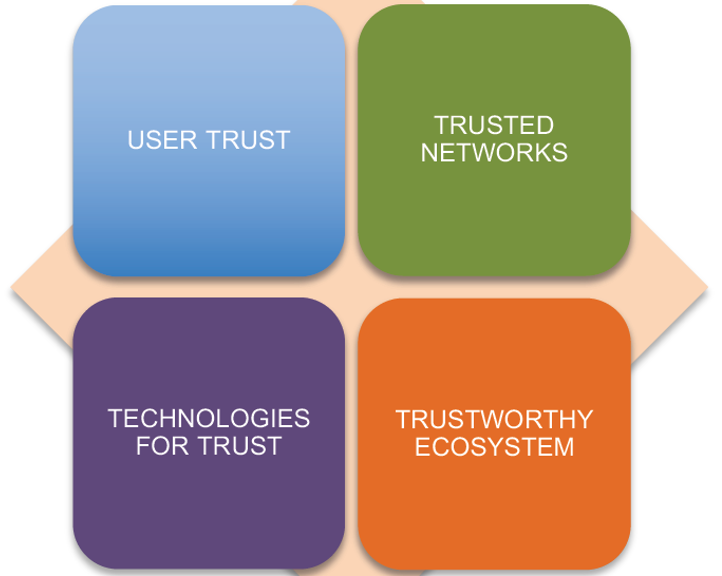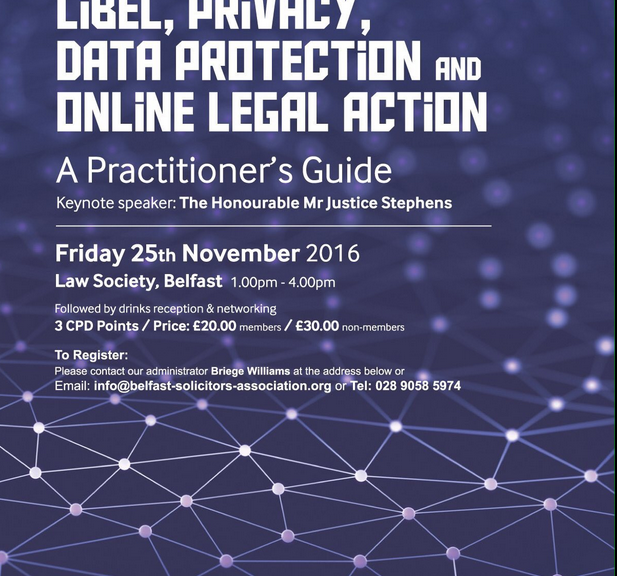Values in Emerging Science and Technology
The Ethicomp series of conferences fosters an international community of scholars and technologists, including computer professionals and business professionals from industry. Since 1995, conferences have been scheduled across Europe and Asia, with our main events coming every 18 months. Ethicomp considers computer ethics conceived broadly to include philosophical, professional, and practical aspects of the field. CEPE (Computer Ethics Philosophical Enquiry), as the name implies, is more narrowly focused on the philosophical aspects of computer and information ethics. CEPE events have been held every 18 months since 1997. Since the CEPE community overlaps considerably with the Ethicomp community, it makes sense for our two conference series to work together. In light of this, our next conference will be a jointly sponsored event, hosted at the Università degli Studi di Torino (University of Turin), Turin, Italy in June of 2017.
In the two decades since the inception of Ethicomp and CEPE, computing has gone from being esoteric and newfangled to ubiquitous and everyday. The ensuing transformations of our cultural and social institutions are liable to accelerate and metastasize as information technologies find their ways into every field of research and every pursuit. Our shared mission of promoting the ethical use of computer technology consequently demands an inquiry into values as these relate broadly to emerging sciences and technologies.
- Open Track: topics that do not fit the other tracks, including but not limited to big data, privacy, intellectual property, professional ethics, ethical theory as related to computing, and the teaching computer ethics (Fran Grodzinsky and Catherine Flick)
- Fiction in Professional Ethics (Kai Kimppa)
- Video Games, Philosophy, and Society (Catherine Flick)
- Technology and the Law (Aimite Jorge and Kanwal DP Singh)
- Responsible Research and Innovation (RRI) in Computing (Emad Yaghmaei)
- Living with Robots (Yuko Murakami)
- Networks, Crowdsourcing, and the Rise of Social Machines (Claudia Pagliari)
- Cyborg Ethics: wearables to insideables (Mario Arias-Oliva and Jorge Pelegrín-Borondo)
- Digital Health: legal and ethical challenges and solutions (Diane Whitehouse)
- Is it cheating? Infidelity online (Sanjeev P. Sahni)
- Cybercrime: Psychological, Sociological, Cultural and Criminological perspectives (Indranath Gupta)
- ICT and the City (Michael Nagenborg)
- Graduate Student/Young Scholar Track (Maria Bottis)
UnBias @ Ethicomp2017
We will be at Ethicomp to present at paper on:
“Editorial responsibilities arising from personalization algorithms”




 In an almost suspiciously conspiracy-like fashion the official launch of UnBias at the start of September was immediately accompanied by a series of news articles providing examples of problems with algorithms that are making recommendations or controlling the flow of information. Cases like the unintentional racial bias in a
In an almost suspiciously conspiracy-like fashion the official launch of UnBias at the start of September was immediately accompanied by a series of news articles providing examples of problems with algorithms that are making recommendations or controlling the flow of information. Cases like the unintentional racial bias in a